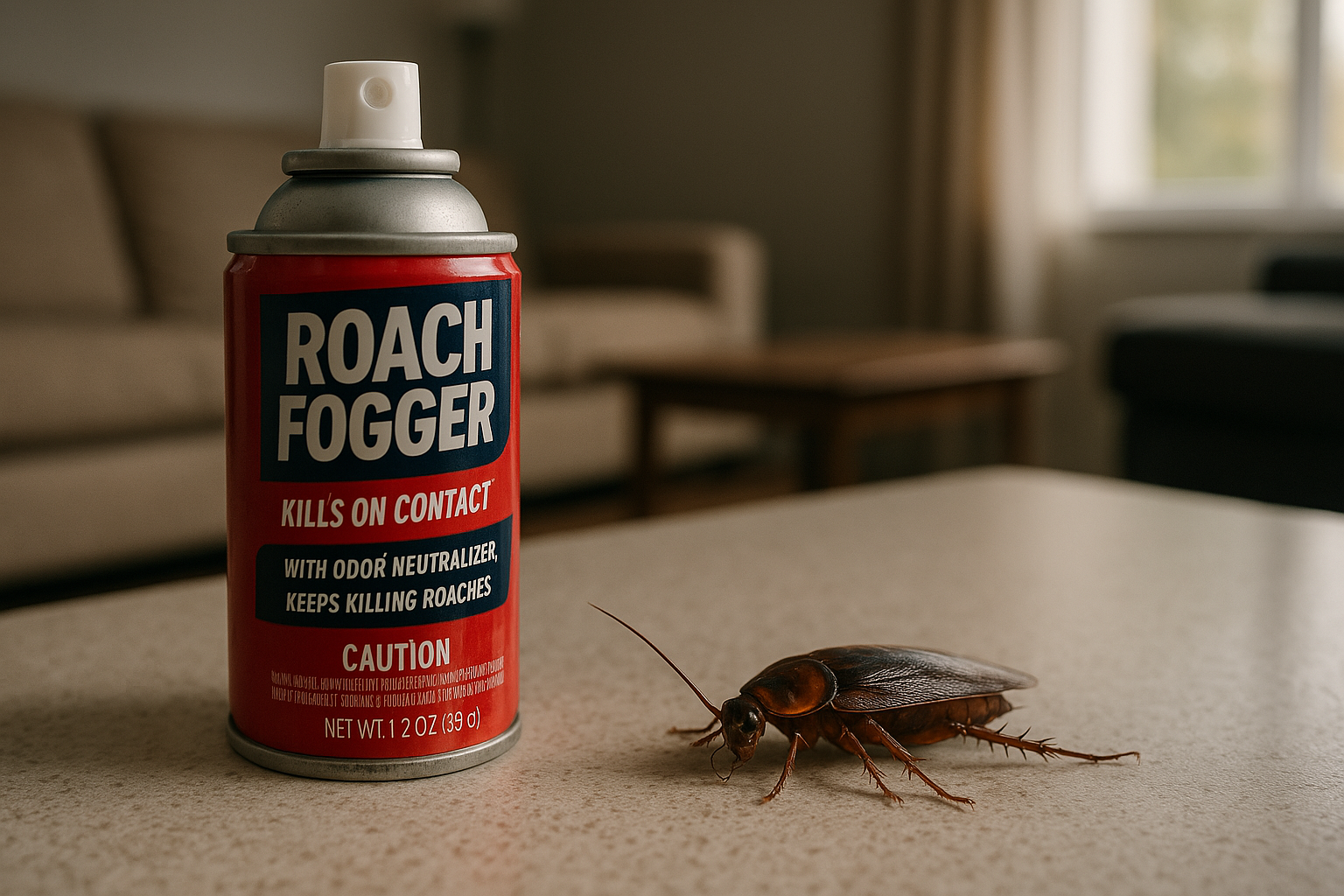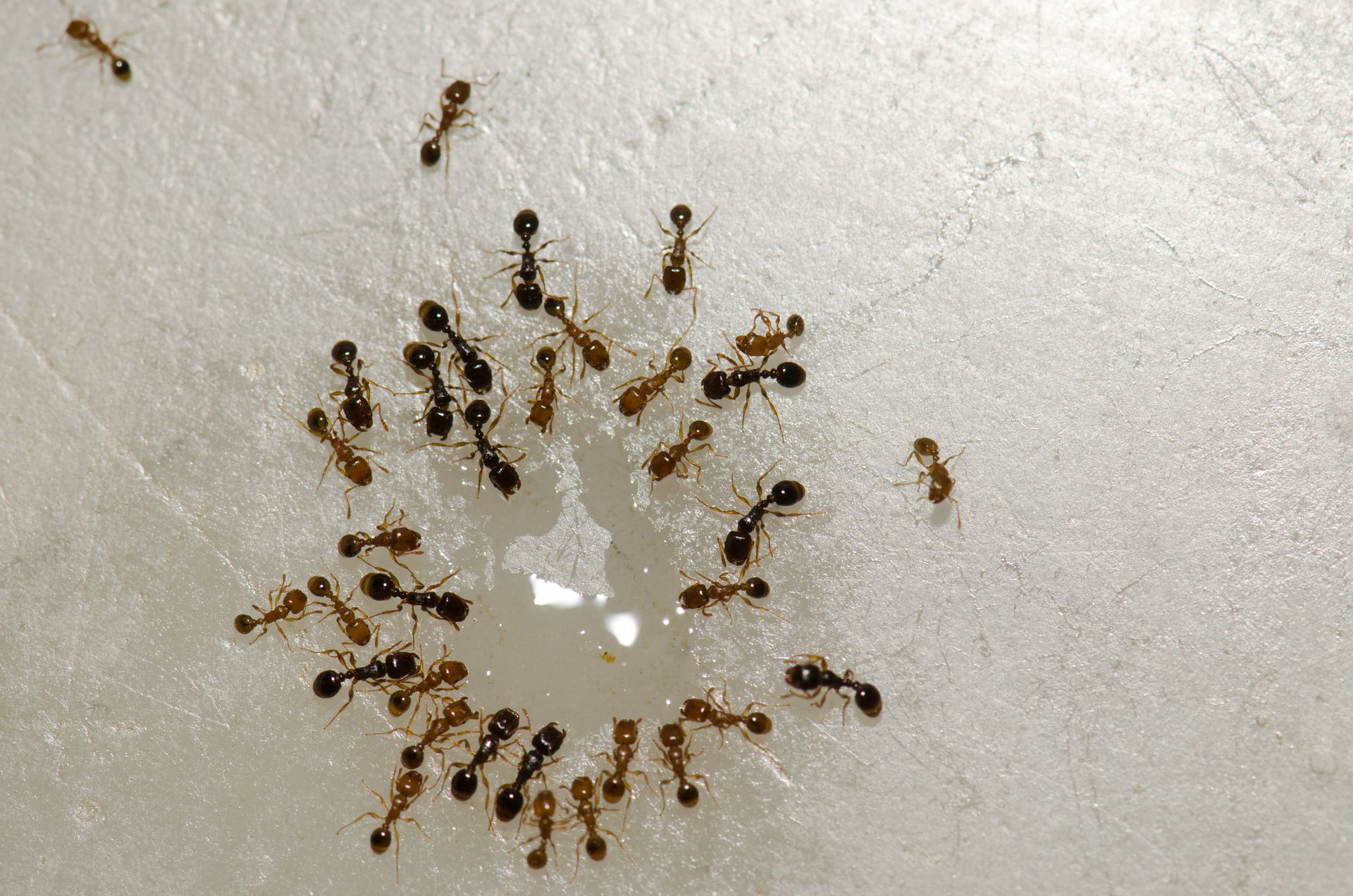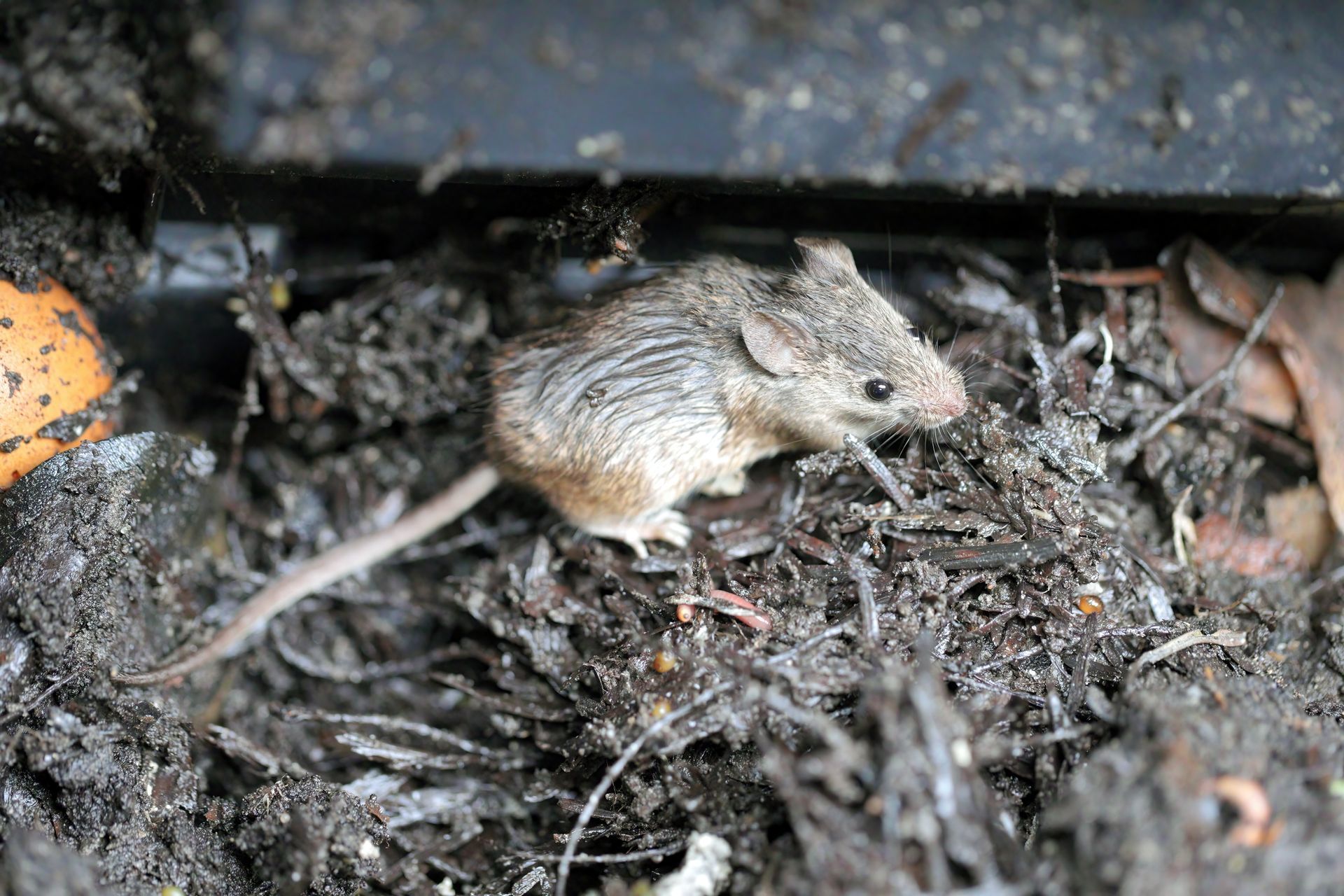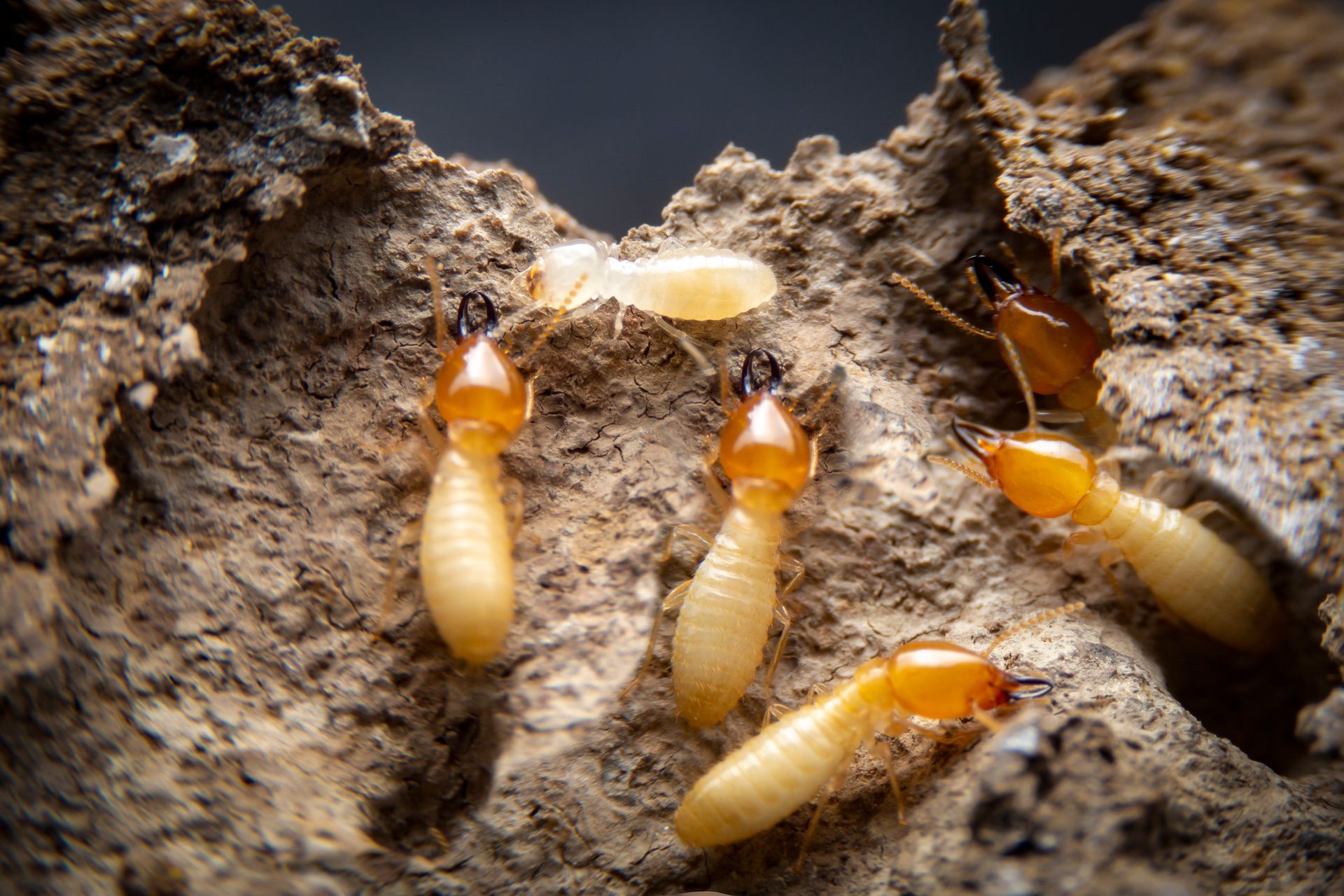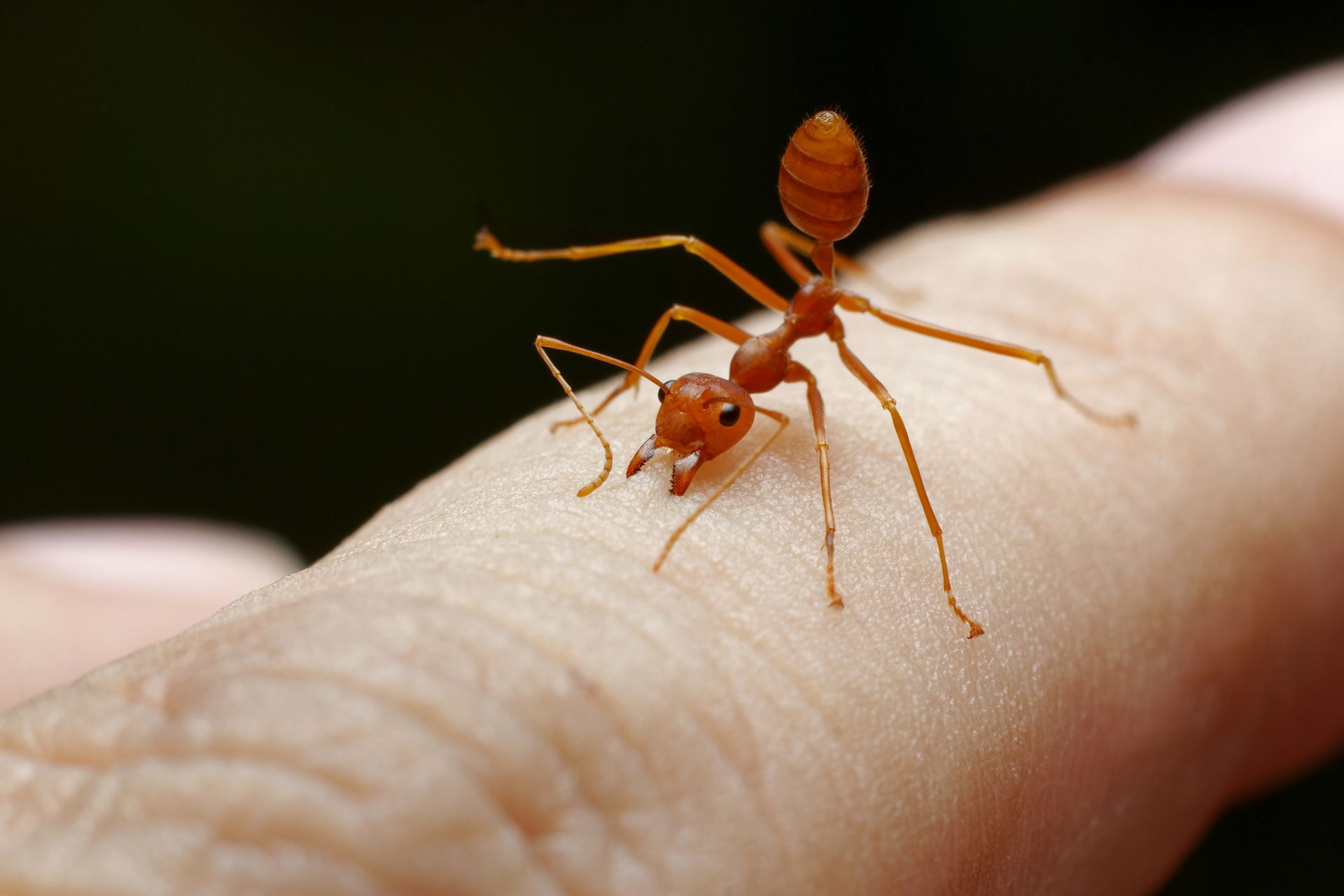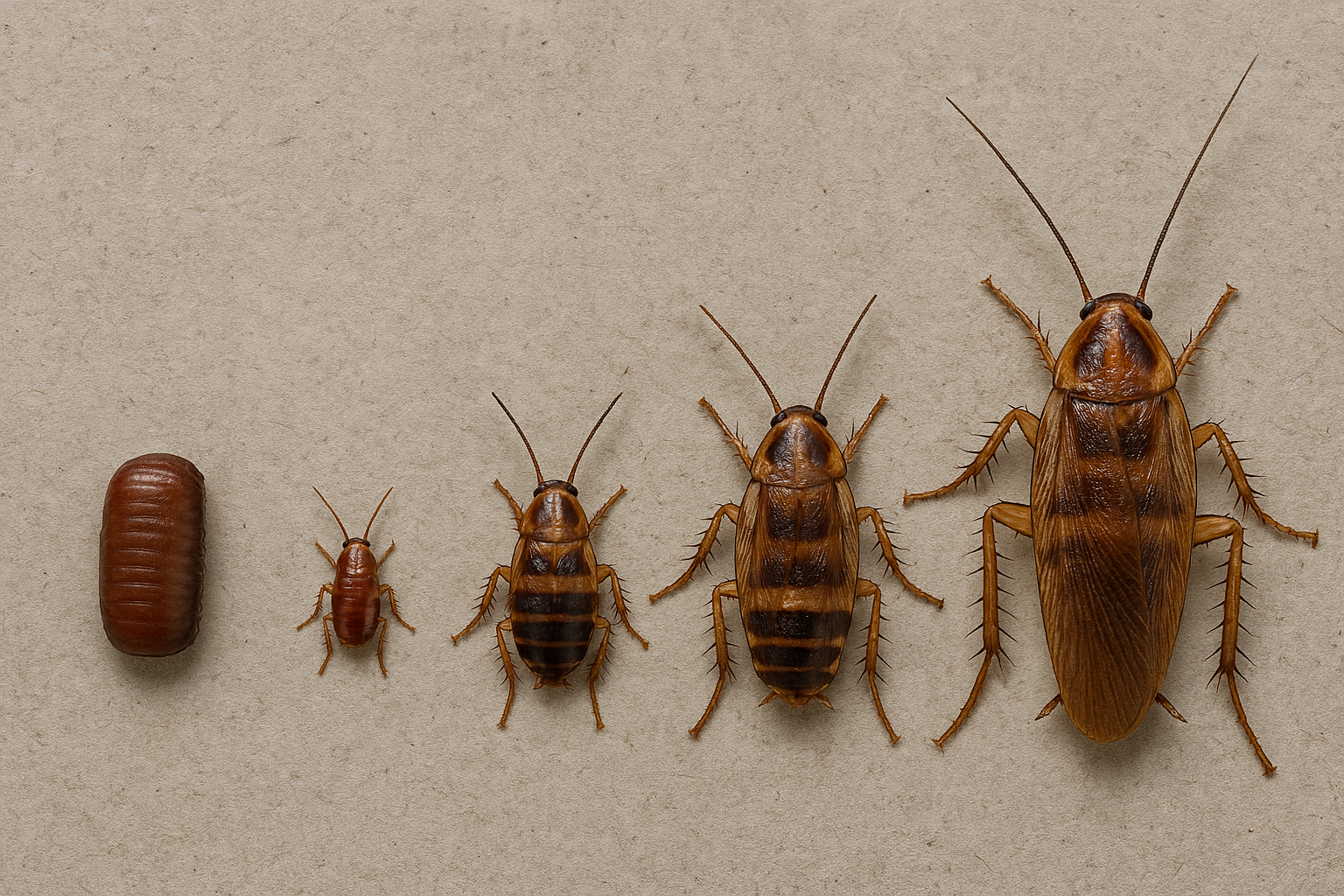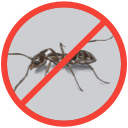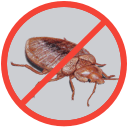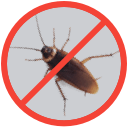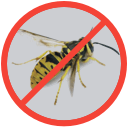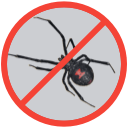Are Scorpions Stings Dangerous to Humans?
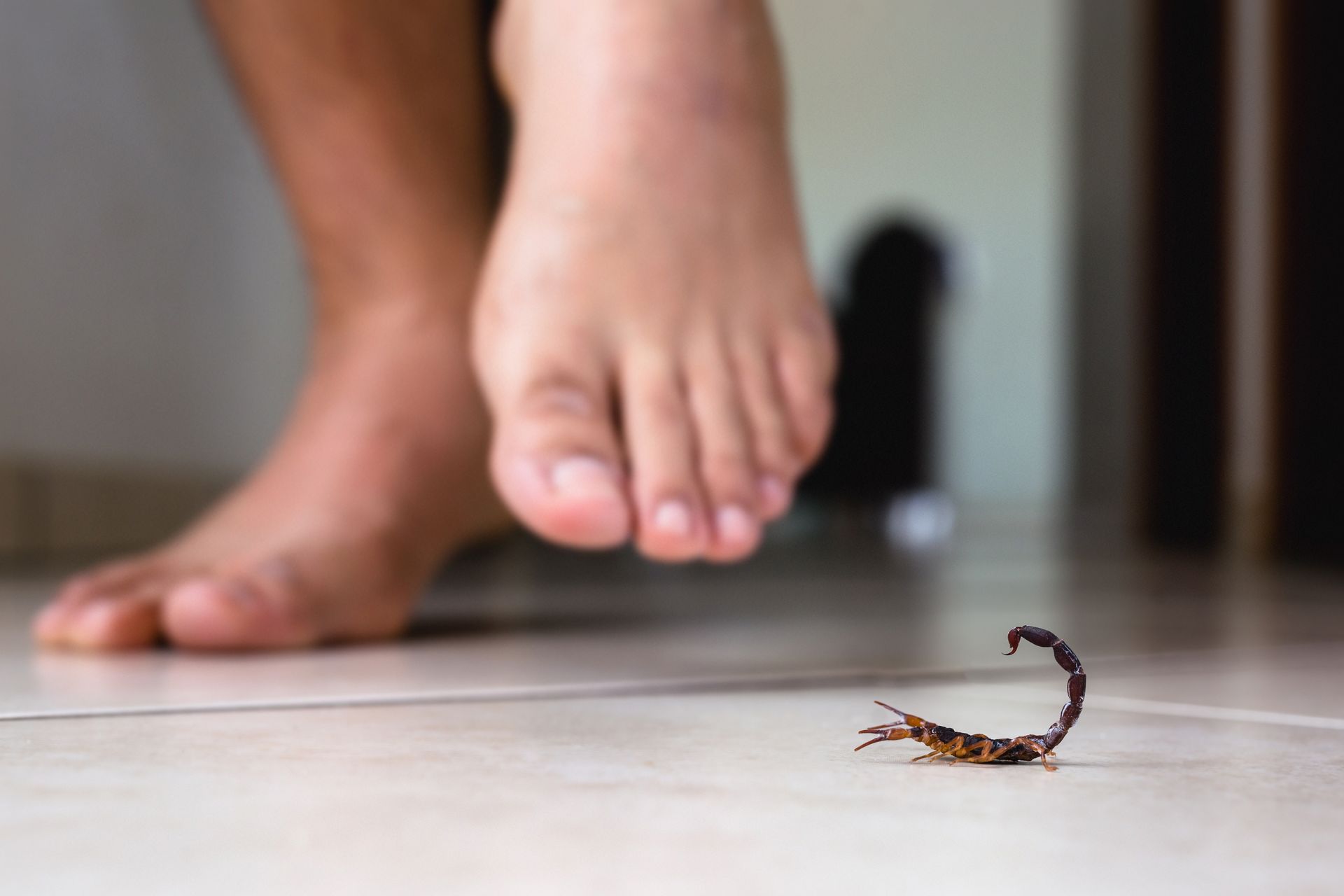
Scorpion stings are typically painful, but usually aren’t life-threatening to healthy adults. The immediate effects can include redness, swelling, and a burning sensation at the sting site. These symptoms can typically be managed at home with remedies like ice, elevation, pain medication, and antihistamines. However, certain populations like young children, older adults, and those with compromised immune systems are far more susceptible to severe complications. Of the approximately 1,500 scorpion species worldwide, only about 30 have venom potent enough to be fatal. In the U.S., the bark scorpion which is predominantly found in the Southwest is the only species with venom that can cause severe complications. Despite the low fatality rate, the sheer volume of scorpion stings annually underscores the importance of awareness, especially in regions with limited medical access.
Do Scorpion Stings?
Scorpions are equipped with a large pair of pincers and a flexible tail that possesses a stinger. This stinger is located at the tail's tip and contains glands that can deliver a painful sting. While they primarily use their stingers to incapacitate prey, they can also deploy them defensively when threatened by humans. The majority of scorpion stings are not dangerous and only cause symptoms like pain, warmth, redness, and minor swelling at the sting site. However, of the approximately 1,500 scorpion species that exist globally, only around 30 have venom potent enough to pose a significant threat to humans. In the U.S., most scorpions are not harmful, and less than 5% of stings need medical evaluation and treatment.
Are Scorpion Stings Venomous?
Scorpions are venomous creatures that deliver a dangerous cocktail of neurotoxins that impact the nervous system. The venom acts quickly and either paralyzes or kills their prey. Even though this sounds scary, the dose of venom that is typically enough to incapacitate the scorpion’s prey is rarely enough to cause medical complications in humans. Most scorpion species can deliver enough venom to cause effects similar to a bee sting. However, a select few species of scorpions can deliver a sting lethal to humans. Notably, the most dangerous scorpion in the world is the deathstalker scorpion (Leiurus quinquestriatus), which is renowned for having one of the most potent venoms among dangerous scorpions.
How Common are Scorpions Stings?
Scorpion stings are not very common because they generally don’t sting for any other reason other than to defend themselves when they feel threatened. However, scorpion stings can still occur when scorpions are disturbed by human activity. While extremely rare, scorpion stings are responsible for an estimated 3,250 human fatalities around the world every year. Given the potential risks, it's advisable to exercise caution around all scorpions and seek medical attention if stung.
Scorpion Sting Symptoms
Scorpion stings generally cause symptoms around where the stinger penetrates the skin including:
- Mild to intense pain
- Redness
- Minor swelling
- Numbness
- Tingling or burning
- Warmth
However, certain scorpion species like the bark scorpion that are predominantly found in Arizona, California, Nevada, New Mexico, Texas, and Utah can cause severe systemic symptoms. If stung by such species, it's crucial to seek emergency medical attention if any of the following symptoms occur:
- Numbness throughout the body
- Difficulty breathing or swallowing
- Thick tongue, excessive salivation, and drooling
- Slurred speech
- Restlessness or excitability
- Seizures or unusual head, neck, and eye movements
- Muscle twitching or thrashing
- Irregular heartbeat (arrhythmia) or accelerated heart rate (tachycardia)
- High blood pressure (hypertension)
- Abdominal pain
- Sweating, nausea, and vomiting
How Long Do Scorpion Sting Symptoms Last?
The duration of scorpion sting symptoms can vary based on the amount of venom injected. For most individuals, symptoms from a scorpion sting dissipate without any medical intervention within 48 hours. However, in cases involving more venomous scorpion species, the symptoms can intensify and evolve over a 24-hour period. Due to this potential progression, healthcare professionals often monitor affected individuals closely during this timeframe to detect any emerging complications and provide necessary treatment.
Possible Scorpion Sting Complications
While most scorpion stings result in localized pain and discomfort, certain species can introduce venom potent enough to affect the nervous system and lead to more severe health complications. These complications can encompass issues related to the heart, respiratory system, and muscles. Particularly vulnerable populations include the very young and the elderly, with children being at a heightened risk due to their smaller body size. The smaller a child is, the more likely the venom's effects will be. In rare instances, untreated venomous scorpion stings can result in fatalities due to heart or respiratory failure that manifests hours after the sting is delivered. Moreover, individuals previously stung by scorpions may develop a severe allergic reaction to scorpion stings which can result in a life-threatening condition called anaphylaxis. Symptoms of anaphylaxis can mirror those caused by severe bee stings including hives, respiratory distress, and nausea. Immediate medical attention is crucial for anyone exhibiting severe symptoms after being stung.
When to See a Doctor for a Scorpion Sting
If stung by a scorpion, it's crucial to monitor for any severe symptoms or complications. Children, due to their heightened vulnerability to scorpion venom, should receive immediate medical attention regardless of the perceived severity of the sting. In the United States, individuals can seek guidance from Poison Control either online at www.poison.org or by calling 800-222-1222. Both resources are available 24/7 and are free of charge. For adults, it's critical to seek medical care promptly if severe symptoms manifest after being stung.
Can You Die from Scorpion Stings?
While scorpion stings have the potential to be fatal, especially in younger individuals aged 6 and below, the majority of scorpions in North America are not venomous enough to cause death. Fatalities resulting from scorpion stings are exceedingly rare with no reported deaths from such stings in the United States for over half a century. While caution is always advised when dealing with dangerous scorpions, the risk of death from a scorpion sting in North America is minimal.
Scorpion Sting Causes & Risk Factors
Scorpions sting humans when they are disturbed by a presence they feel is a threat. While this is rare, there are a few factors can increase an individual’s chances of being stung by a scorpion:
- Habitat: Scorpions seek shelter in places they are not likely to be disturbed like under rocks, debris, or shrubs. When they are disturbed, they may try to defend themselves if they feel cornered.
- Geography: Scorpions are found all over the world but are most common in the U.S., Mexico, Central America, South America, North Africa, India, and the Middle East. In the U.S., they are mostly found in California, Arizona, New Mexico, Nevada, Utah, and Texas.
- Outdoor Activities: Engaging in outdoor work, hiking, or camping anywhere scorpions might be increases the risk of being stung.
How to Treat a Scorpion Sting
Medical attention typically isn’t necessary for scorpion stings but if severe symptoms occur, a visit to urgent care is recommended. Otherwise, simple at home treatments can help alleviate most symptoms. If stung by a scorpion, be sure to:
- Clean the area that was stung
- Apply a cold compress to minimize swelling
- Elevate the affected area
- Take allergy medication
- Apply corticosteroid cream reduce itching
- Use OTC pain relievers for pain
If there are signs of a severe reaction, medical attention is needed. Signs of a possible allergic reaction include difficulty breathing, significant swelling, and shock. If this occurs, head to the nearest emergency room or call 911.
How to Prevent Scorpion Stings
To minimize the risk of scorpion stings in areas where scorpions are prevalent, certain preventive measures can be taken:
- Clothing and Gear:
- Wear long sleeves, pants, gloves, and protective footwear when outdoors in scorpion-prone areas
- Shake out shoes, clothing, towels, and bedding before use to ensure no scorpions are hiding inside
- Avoid sleeping directly on the ground when camping and be sure to check sleeping bags before laying down
- Home and Environment:
- Eliminate potential hiding spots by removing piles of rocks, lumber, and firewood from around your home
- Maintain a tidy yard by mowing grass regularly and pruning bushes and overhanging tree branches
- Seal your home by caulking cracks, installing weatherstripping, and repairing torn screens to prevent scorpion entry
- Handling and Inspection:
- Never handle scorpions with bare hands, and use tongs if necessary
- Regularly inspect and shake out gardening gloves, boots, and other equipment
- Utilize a black light at night because scorpions will glow making them easier to spot and avoid
By adopting these measures, individuals can significantly reduce the likelihood of unwanted encounters with scorpions and potential stings.
Scorpion Sting Myths
Several myths surround scorpion stings which often lead to misconceptions about their effects and treatment. Here's a breakdown of these myths:
- Myth #1: Scorpion stings are always fatal: While some states have venomous scorpion species, only the Arizona bark scorpion can produce severe toxic symptoms. However, most stings from this species can be safely managed at home without severe complications due to the level of venom that is injected.
- Myth #2: Younger scorpions are more venomous: The venom's potency is not determined by the scorpion's age. All scorpions, irrespective of their size or age, produce venom. The misconception might arise from the bark scorpion's smaller size compared to other species, but their young are not more venomous than the adults.
- Myth #3: Scorpion stings always leave a mark: Contrary to popular belief, scorpion stings often don't leave a visible mark. Even medical professionals sometimes struggle to identify the exact location of the sting.
- Myth #4: Ice packs are the best remedy for scorpion stings: While it might seem intuitive to use an ice pack to alleviate sting symptoms, a damp, cool compress is much better for the sting. By soaking washcloths in a bowl of icy water and applying them to the sting site, one can achieve relief without risking rebound symptoms or potential frostbite.
Contact EcoGuard Pest Management if You Are Dealing with a Scorpion Problem
Dealing with scorpions can be a dangerous task without the right knowledge and tools to properly handle them. If you find yourself dealing with a scorpion infestation, it is time to reach out to the scorpion control experts at EcoGuard Pest Management. Our team of licensed and experienced scorpion exterminators will help ensure your safety and provide effective treatment solutions that are guaranteed to exterminate your scorpion problem. Contact EcoGuard today to schedule an inspection so we can get started on helping you get rid of any scorpions that might be causing you problems.



